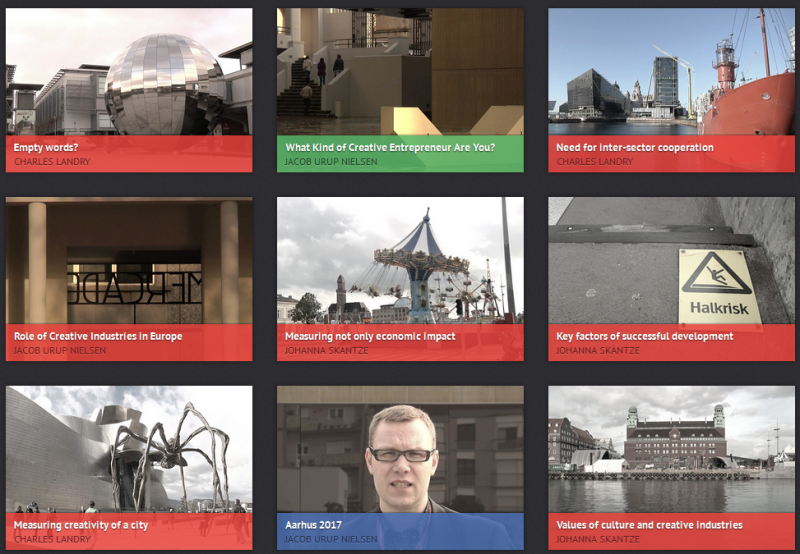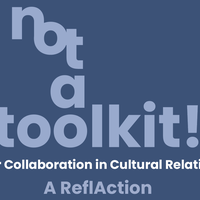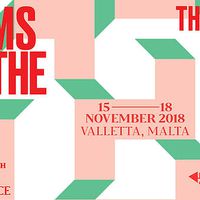Culturefighter | online resource on creative industries

Culturefighter explores concrete impacts of cultural initiatives and the creative industries on concrete places in Europe. Through a series of in-depth interviews, each focussing on a concrete case study, Culturefighter is seeking out and mapping the experiences with concrete cultural initiatives in a variety of places.
Culturefighter is building up a database of practical examples freely available to the public. It thus serves as an interactive textbook for anyone wanting to implement their ideas in the creative field.
Culturefighter is driven by a curiosity about:
- the concrete effects cultural initiatives, cultural policies and the creative industries have had on concrete places in Europe
- the impacts of cultural and culture-led regeneration projects (such as the European Capital of Culture as well as smaller scale grassroots initiatives)
- the factors that influenced these impacts
- the positive and critical assessments of these impacts by practitioners
- the importance of culture in the lives of European cities and regions and their people, and
- the rationale for public and private investments in culture and creativity.
Culturefighter explores these issues through interviews with practitioners, activists, researchers, academics, and policy advisors, focussing on concrete examples of practices from a variety of environments (e.g. Western and Eastern Europe, large and small cities etc).
Culturefighter produces original content in a variety of media (video, audio and text).
Check out this important online resource on cultural and creative industries
Culturefighter is a project of the Košice-based independent film company partizanfilm which started out with a curiosity about the experience with large cultural initiatives and culture-led regeneration programmes after Kosice became the European Capital of Culture 2013 – and our inability to find sufficiently concrete information on a wide-range of different experiences. We thus set out to explore ourselves and create such a database of experiences ourselves.
Similar content
posted on
16 Feb 2022
posted on
12 Jul 2022
from - to
15 Nov 2018 - 18 Nov 2018





